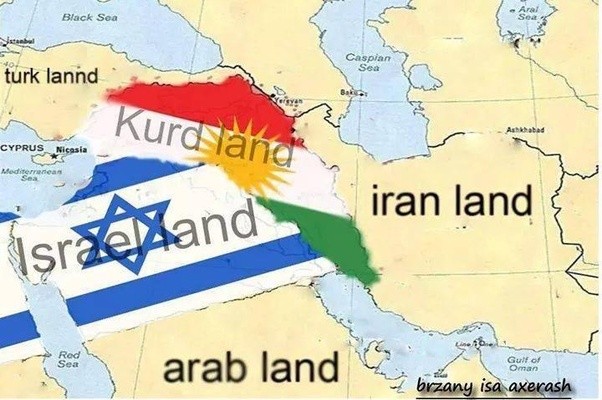Rigby5
Diamond Member
Yes I gave you a link saying the Arab Canaanites were the first.
You'll have to cut and paste the portion that said no one else was there before the "Arab" Canaanites.
You have read and infer what has been implied.
If for example, you read the sky iis blue, you then have to infer it is not green.
I would never be able to find an exact quote saying the sky is not green.





